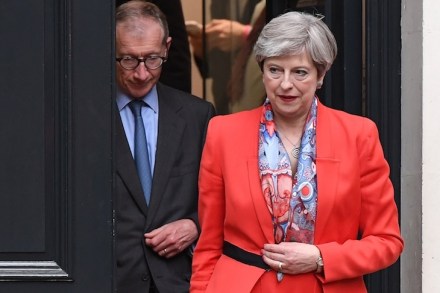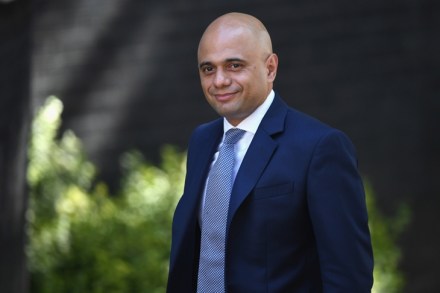War of words: Tory MP vs Tory MP – ‘get over yourself Nadine!’
Although the 11 Tory rebels who led the government to defeat last night night on Dominic Grieve’s amendment calling for a meaningful vote have been lauded as heroes by Remain groups, they are receiving a different reception within their own party. While some Conservatives – such as Nick Boles – say they respect the decision made by their colleagues, others have seen red. Take for example Nadine Dorries. The Leave-backing MP took to social media to suggest Grieve’s disloyalty meant he did not deserve his prestigious role as chair of the Intelligence and Security committee. Only one of the Tory rebels took issue with Dorries tweet. Sarah Wollaston replied to



















